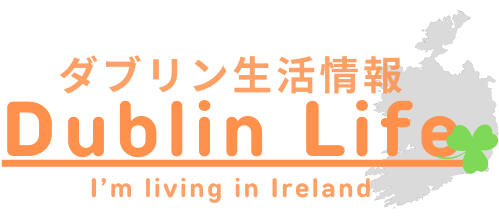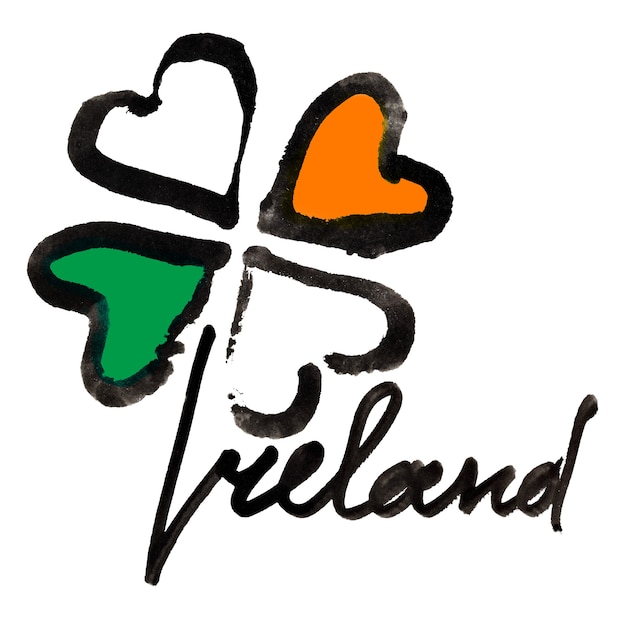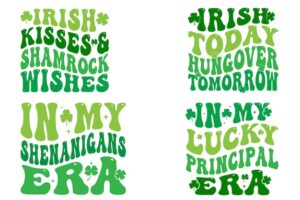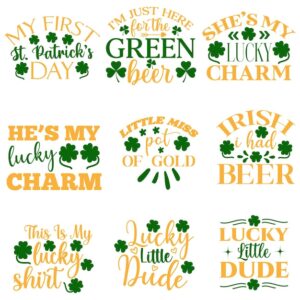Exploring “Our Day Will Come” in Irish: Tiocfaidh ár Lá and Its Cultural Legacy
The phrase “Our Day Will Come” in Irish, known as Tiocfaidh ár Lá, is a powerful symbol of hope, resilience, and Irish identity. Pronounced as “Chucky ar Law” (/ˈtʲʊki aːr ˈl̪ˠaː/), it translates to “Our Day Will Come” in English and is deeply tied to Irish republicanism, particularly Sinn Féin. This article delves into the Tiocfaidh ár Lá meaning, its historical and political roots, pronunciation, cultural significance, and related Irish phrases, offering a comprehensive guide for those eager to understand this iconic expression.
- Meaning: Tiocfaidh ár Lá translates to “Our Day Will Come.”
- Historical Roots: The phrase emerged during the Troubles, a period of conflict in Northern Ireland.
- Political Significance: It is closely associated with Sinn Féin and the Irish Republican Army (IRA).
- Cultural Impact: Tiocfaidh ár Lá appears in various cultural expressions, including songs and tattoos.
- Pronunciation: The correct pronunciation is “Chucky ar Law.”
- Controversy: The phrase can evoke mixed feelings, reflecting Ireland’s complex history.
The Historical Context of Tiocfaidh ár Lá
Tiocfaidh ár Lá, meaning “Our Day Will Come”, emerged as a rallying cry during the late 20th century, particularly during the Troubles (1960s–1998), a period of intense conflict in Northern Ireland. The phrase breaks down as Tiocfaidh (“will come,” from the Irish verb “tar”) and ár Lá (“our day”). It encapsulates the hope for a united Ireland, free from British rule, and was popularized by Irish republicans, including the IRA and Sinn Féin. Its origins reflect centuries of struggle, from the 1916 Easter Rising to modern political movements.
The emotional weight of Tiocfaidh ár Lá lies in its promise of a brighter future, resonating with those who envision a unified Ireland. This sentiment connects to Ireland’s rich heritage, much like sites such as the Grianán of Aileach, a stone fort symbolizing ancient Irish resilience.
“The phrase’s historical significance connects to Ireland’s rich heritage, much like sites such as the Grianán of Aileach.”
The Political Landscape and Sinn Féin
Tiocfaidh ár Lá is best known as the Sinn Féin slogan, embodying the party’s vision for a united Ireland. Sinn Féin, a leading Irish republican party, adopted the phrase in the late 20th century to galvanize support during the Troubles. It became a symbol of defiance and optimism, reflecting the belief that Ireland’s day of sovereignty would arrive. The phrase’s political roots make it a powerful yet polarizing expression.
Today, Sinn Féin continues to use the phrase in campaigns, speeches, and rallies, keeping it alive in Ireland’s political discourse. Its significance extends to cultural expressions, including Tiocfaidh ár Lá tattoos, which are popular among supporters. The phrase has transcended mere political rhetoric, becoming a part of the everyday lexicon of many Irish citizens.
Understanding the Pronunciation
The Our Day Will Come Irish pronunciation is Tiocfaidh ár Lá, pronounced as “Chucky ar Law” (/ˈtʲʊki aːr ˈl̪ˠaː/). Here’s a detailed breakdown:
- Tiocfaidh: Pronounced as “Chucky,” it reflects the future tense of the verb “tar,” meaning to come.
- ár: Meaning “our,” it denotes possession.
- Lá: Translates to “day,” representing a significant moment.
Mastering the pronunciation connects you to Ireland’s linguistic heritage and enhances your appreciation of its rich cultural tapestry.
Cultural Significance and Expressions
Tiocfaidh ár Lá has a profound cultural impact, appearing in songs, murals, and Tiocfaidh ár Lá tattoos, symbolizing Irish pride and resilience. Its association with the IRA and Sinn Féin, however, makes it controversial. To some, particularly unionists in Northern Ireland, the phrase evokes the violence of the Troubles and is seen as divisive. For republicans, it’s a legitimate expression of hope and cultural identity, reflecting a dream of unity.
A common Tiocfaidh ár Lá response is “Go dtí sin, tá sinn ag fanacht” (“Until then, we are waiting”), signaling patience and determination. The phrase’s cultural presence extends to modern Ireland, where it inspires art, music, and literature.
“The phrase’s cultural presence extends to modern Ireland, where it inspires art, music, and literature.”
Broader Irish Cultural Context
Irish (Gaelic) is a vibrant language with expressions that reflect its culture. Beyond Tiocfaidh ár Lá, here are key phrases to know:
- Slán go fóill: Goodbye for now.
- Fáilte romhat: Welcome to you.
- Gaeilgeoir: A speaker of Irish.
These phrases enrich your connection to Ireland’s linguistic heritage, perfect for travelers visiting sites like Grianán of Aileach.
Reader Q&A
What does Tiocfaidh ár Lá symbolize?
Tiocfaidh ár Lá symbolizes hope for a united Ireland and is closely associated with Irish republicanism.
Why is the phrase controversial?
Its association with the IRA and Sinn Féin can evoke mixed feelings, particularly among unionists in Northern Ireland.
How can I learn more about Irish culture?
Exploring Irish history, language, and visiting cultural sites can deepen your understanding of Irish heritage.
Conclusion
In summary, Tiocfaidh ár Lá serves as a powerful emblem of Irish identity and resilience. Its historical roots, political significance, and cultural expressions make it a cornerstone of Irish republicanism. Understanding its meaning and pronunciation can enhance your appreciation for Ireland’s rich linguistic and cultural heritage.









